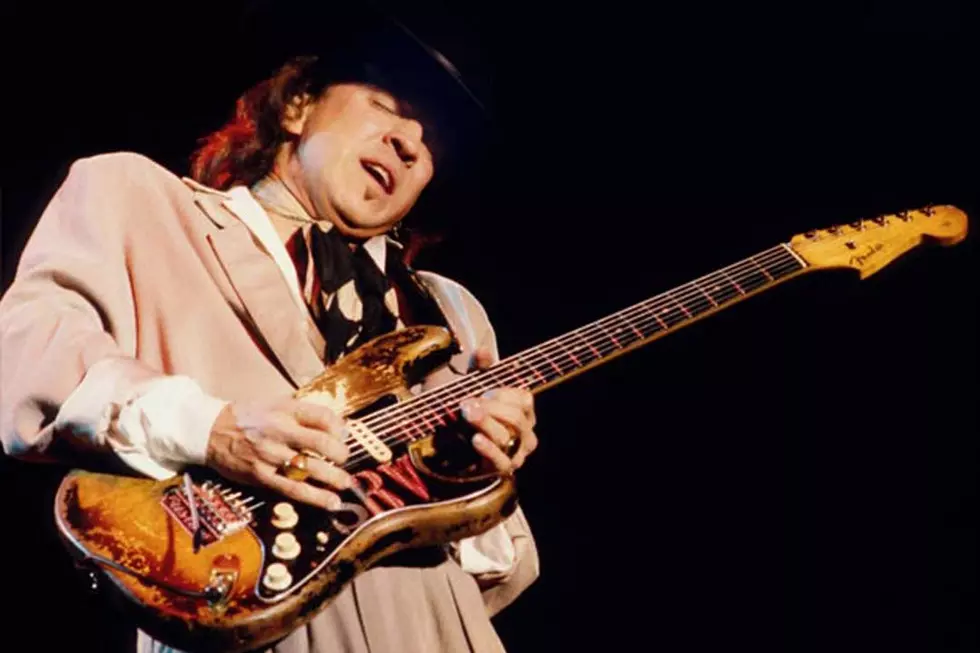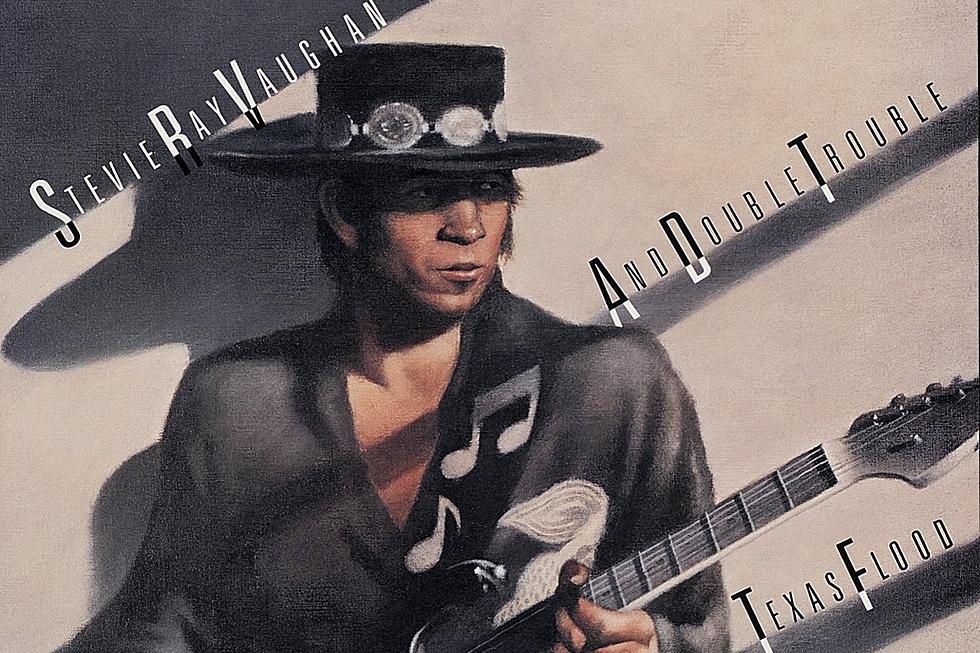
How Stevie Ray Vaughan Addressed Addiction on ‘In Step’
Four years was an eternity for working musicians to spend between albums back in the '80s. But that was how long Stevie Ray Vaughan fans had to wait between Soul to Soul and its successor, In Step, which arrived on June 6, 1989.
You only had to decipher the LP’s title to figure out just what had held him up since the 1986 release of the Live Alive collection. In Step, with its reference to 12-step recovery programs, candidly addressed Vaughan’s recent struggles to conquer addiction.
Some of these, including the Mainstream Rock No. 1 hit "Crossfire," its compelling baby brother "Tightrope" and "Wall of Denial," were built around common recovery slogans. Thankfully, Vaughan's brilliant guitar playing prevents those songs from sounding forced or preachy.
Maybe that’s why some of In Step’s very best moments — the ones where he seemed to be at his least guarded and self-conscious — arrived when he was covering material by some of the blues’ elder statesmen, including a spontaneous "Let Me Love You" (Willie Dixon), a threatening "Leave My Girl Alone" (Buddy Guy) and wonderfully flirtatious "Love Me Darlin’" (Howlin’ Wolf).
Watch Stevie Ray Vaughan Perform 'The House Is Rockin''
Vaughan’s songwriting partner, Doyle Bramhall (also a longtime associate of big brother Jimmy Vaughan), was once again on hand to assist with a few rollicking numbers, including the urgent album opener "The House Is Rockin’" and a better-than-its-name-suggest blues-rocker in "Scratch-N-Sniff."
With "Riviera Paradise," the album’s closing, laid-back, nine-minute instrumental meditation, Vaughan simply let his magic fingers paint mental images of a dreamy seaside landscape like only he could. (Honorable mention goes to Reese Wynans’ tasteful piano playing.)
In Step also triumphs through the consistently awe-inspiring instrumental interplay between Vaughan and Double Trouble (completed by bassist Tommy Shannon and drummer Chris Layton), which kept the musical fireworks coming. Still, a sense of not-quite-finished business – the feeling that a substance-free Vaughan would take the blues to new heights with his career’s next move – made his tragic death in 1990 even more difficult to accept.
Stevie Ray Vaughan Albums Ranked
More From KLUB Tejano 106.9










